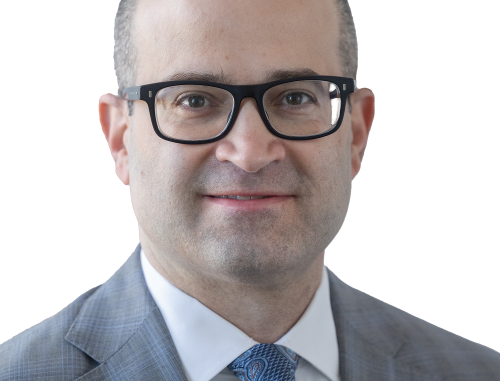
By Ed Ra
Every three minutes, one American will be diagnosed with blood cancer. It might be someone you know—a coworker, child, sibling, spouse or friend.
My mother was one of those Americans. She was first diagnosed with non-Hodgkin’s Lymphoma in her twenties. Thankfully, with the treatment and support of her doctors, she was able to drive her cancer into remission and eventually have triplets, me and my brother and sister. When her cancer came back when I was in high school, we experienced the highs and lows of having a parent going through cancer treatments. Ultimately, she was the recipient of a bone marrow transplant shortly before my high school graduation thanks to a donor from the bone marrow registry. While we eventually lost her, she saw me and my siblings graduate from high school and college only because of advancements in treatment and the generosity of that donor.
Sadly, my story is not uncommon.
Right now, 1.6 million Americans are living with — or are in remission from — a type of blood cancer. That’s more than the whole population of Nassau County and roughly the entire population of Manhattan.
Blood cancers are often called “hidden cancers” because most people don’t know the basics of this disease, despite being a top five killer in the U.S.
In fact, some people don’t even know there’s more than one type of blood cancer — I certainly didn’t know when my mom was diagnosed. As it turns out, there are more than 100 different types of blood cancer currently in the books. I also had no idea that we still don’t know what causes any of them.
There’s so much we don’t know about this horrible disease. This September, during Blood Cancer Awareness Month, let’s all do something to get some answers.
Fighting back against blood cancer starts with talking about it. Take a few minutes with your family, sit down and discuss the warning signs. If you are a public official like me, make an effort to raise awareness among your constituents.
More than 8,870 New Yorkers will receive new diagnoses of blood cancer by the end of the year, and catching it early gives patients the best possible chance at survival.
It’s going to take all of us — families, teachers, community leaders, patient advocates, medical professionals, policymakers and more — to downgrade blood cancer from a deadly disease to a manageable chronic condition.
But it can be done. Here’s how my colleagues in government can help the effort:
- Stand in solidarity with blood cancer patients and their families by issuing a state proclamation officially declaring September as Blood Cancer Awareness Month. This can also be done at the city and local levels. We can help spread awareness of these cancers and our ability to help by enrolling in the bone marrow registry through a simple cheek swab. About 70% of patients who need a transplant won’t have a fully matched donor in their family.
- Invest in patient education, giving patients and families the tools and knowledge needed for early diagnosis and understanding innovative treatment options.
- Remove the regulatory red tape currently tying up the hands of researchers who are pursuing game-changing advances in precision medicine, immunotherapy and gene therapies.
The government should always be an ally — not a roadblock — to those on the front lines of the war against blood cancers.
Working to help ensure those diagnosed with blood cancers receive the best treatment and have the best chance of survival will take all of us.
We can do more. And in the memory of the New Yorkers who have passed away from this awful disease, we must.
Ed Ra (R-Franklin Square) is the Ranking Republican Member on the Assembly Ways & Means Committee.

